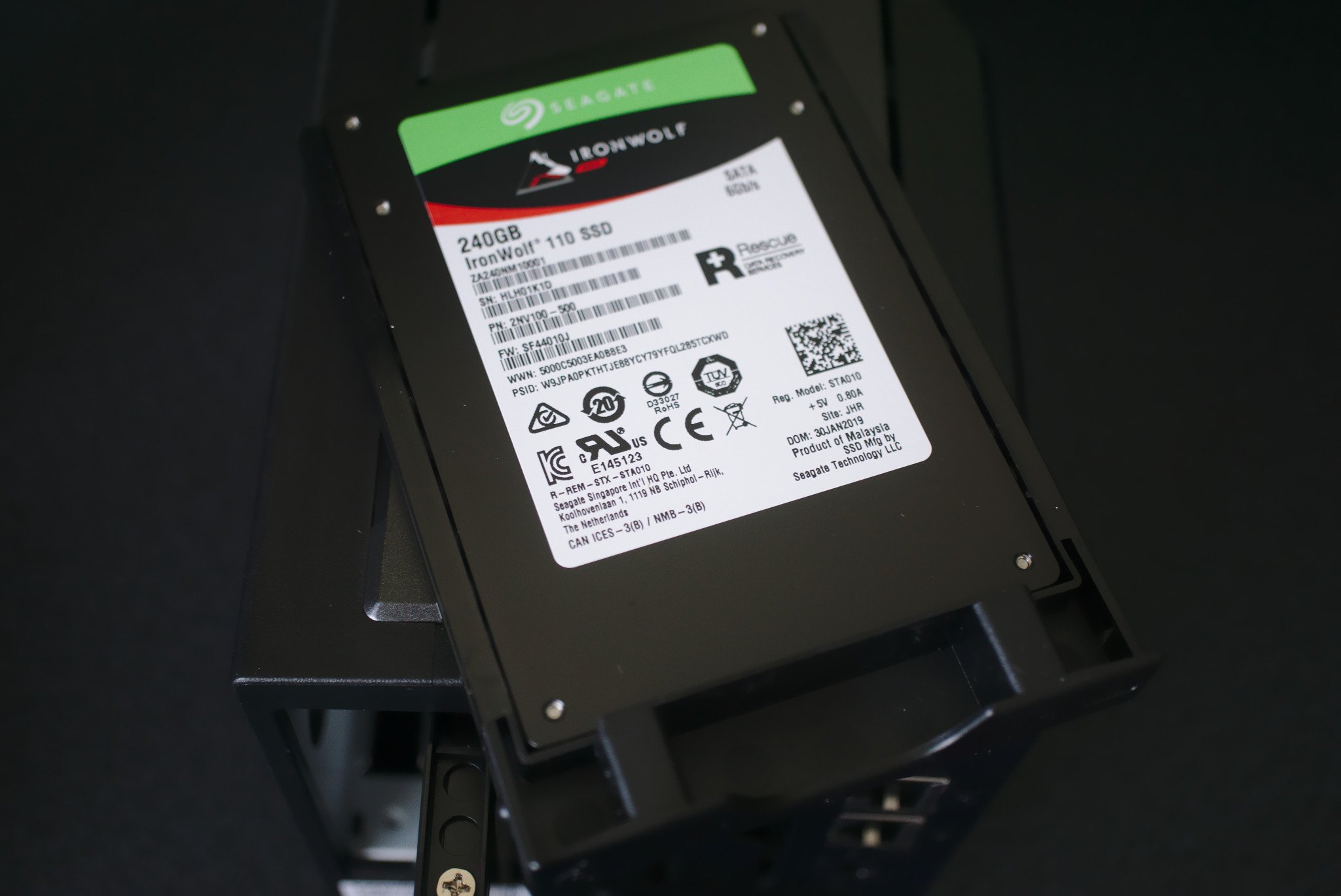Seagate announces 18TB IronWolf Pro HDD and new IronWolf SSDs for NAS
Who said 16TB was enough for a NAS?

What you need to know
- Seagate announces new 18TB HDD and SSDs designed specifically for use inside a NAS enclosure.
- The new 18TB HDD is part of the IronWolf Pro family of NAS storage, costing $608.99.
- Seagate also created two new NAS SSD families, the IronWolf 125 and IronWolf Pro 125.
Seagate announced new storage solutions for network-attached storage (NAS) enclosures. The current series of IronWolf mechanical drives top out at 16TB, but if that isn't enough for your needs Seagate has a new 18TB flagship model that'll add a further 2TB to your pool. This drive is only available as an IronWolf Pro. Normal IronWolf NAS HDDs still cap at 16TB.
The new 18TB IronWolf Pro drive comes with AgileArray firmware, built on top of conventional magnetic recording (CMR) tech. It's got a super-high 300TB per year workload limit and has a sustained transfer rate of up to 250MB/s. It's a little pricey, however. In order to add an 18TB drive to your NAS, you'll need to part with $608.99.
As well as the new 18TB drive, the company also announced new IronWolf Pro 125 and IronWolf 125 SATA SSDs. The latter are more affordable and are better suited to those wanting to increase their NAS storage capacity with speedy drives, while the Pro SSDs have a higher drive write per day (DWPD) rating, power-loss protection and mean time to failure (MTTF) of 2 million hours.
The new IronWolf 125 SSD family is available in 250GB, 500GB, 1TB, 2TB, and 4TB, starting from $62.99. The IronWolf Pro 125 comes in 240GB, 480GB, 960GB, 1.92TB, and 3.84TB, starting from $94.99.
Get the Windows Central Newsletter
All the latest news, reviews, and guides for Windows and Xbox diehards.

Rich Edmonds was formerly a Senior Editor of PC hardware at Windows Central, covering everything related to PC components and NAS. He's been involved in technology for more than a decade and knows a thing or two about the magic inside a PC chassis. You can follow him on Twitter at @RichEdmonds.
